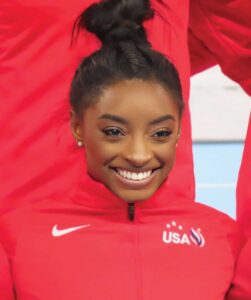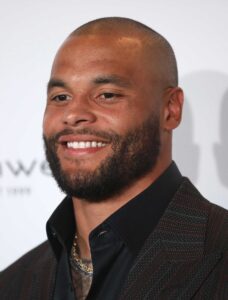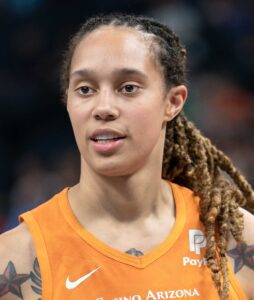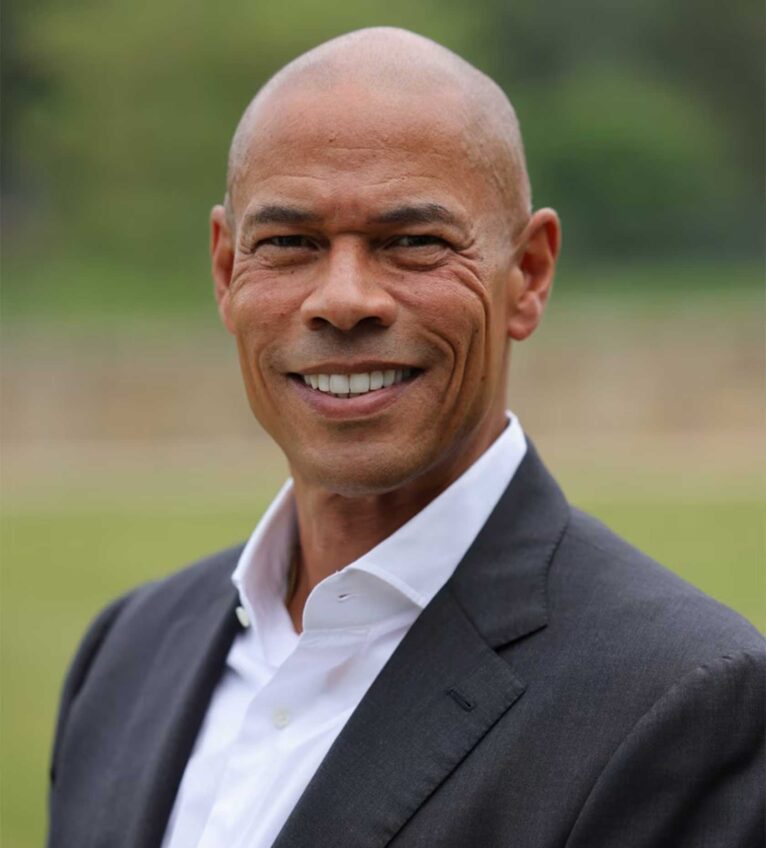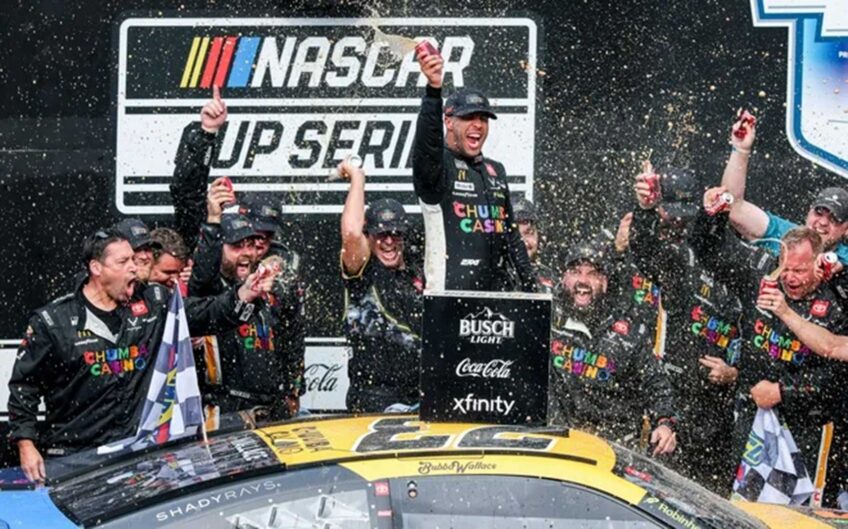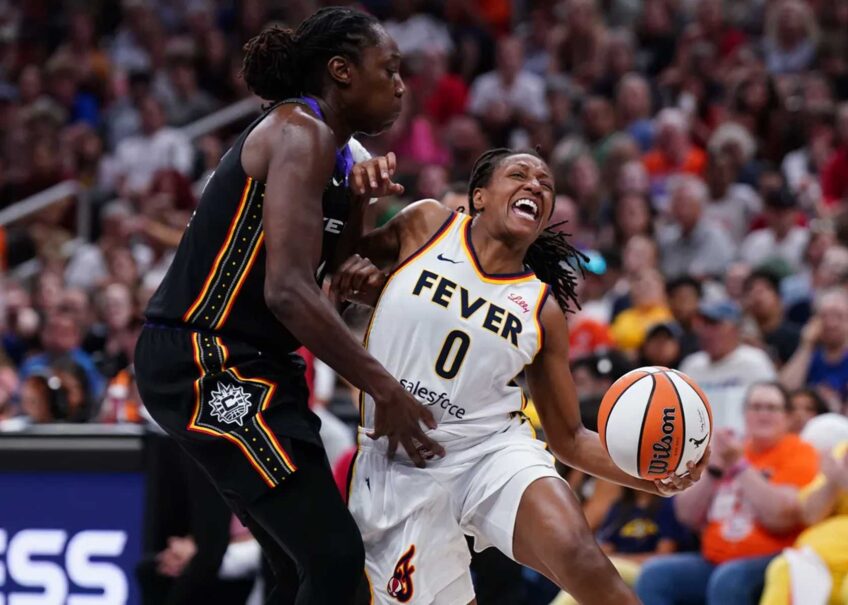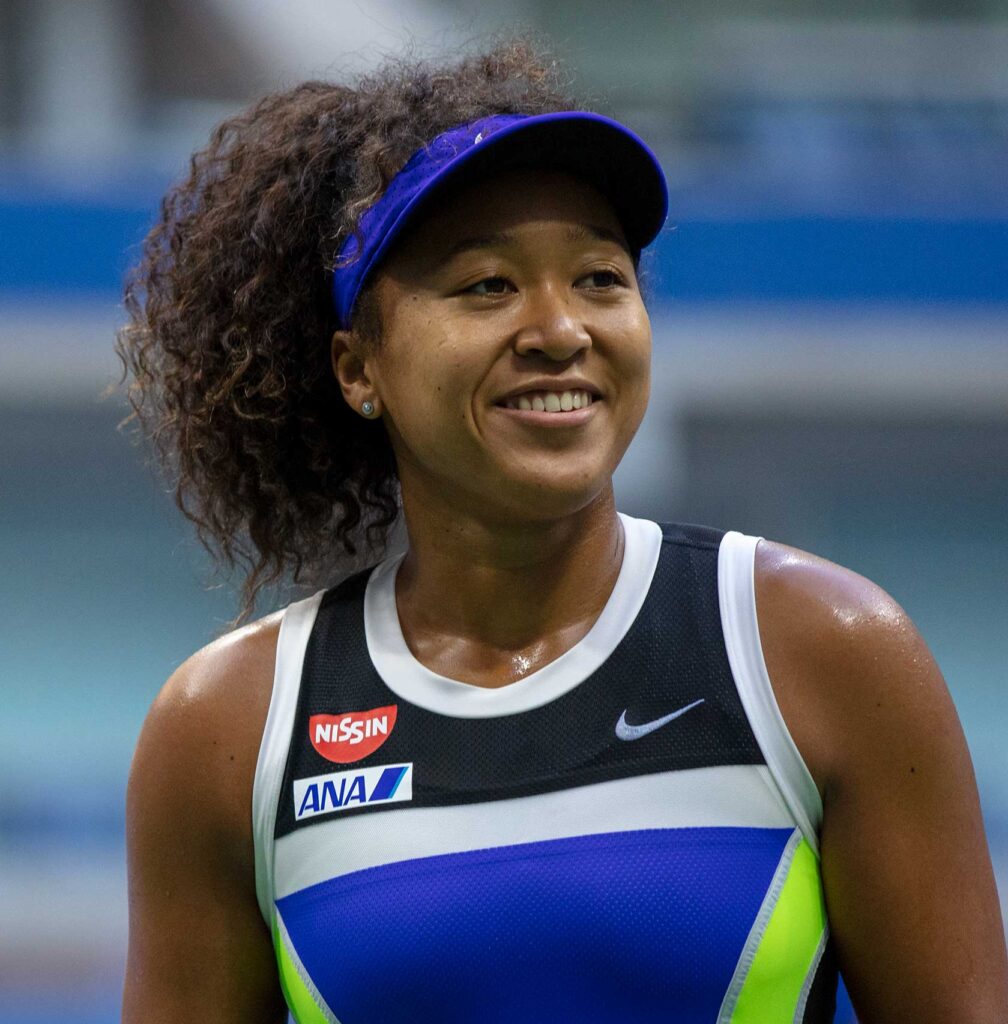
Banner Sports Sponsored by the Patriots Foundation
It was once taboo for athletes to discuss their struggles with mental health for fear that they might be banished. But in today’s more educated and understanding existence, it has become acceptable for even the biggest and strongest athletes to openly discuss their mental health and to even take time away when necessary.
There have been several athletes in recent years to open up about their mental health issues, but here are five athletes who stand out.
NAOMI OSAKA
While tennis star Naomi Osaka isn’t the first athlete to deal with mental health issues, she certainly became the face of a new way we view these issues when it comes to our sports heroes. Osaka opened up about her issues with depression and anxiety when she withdrew from the French Open in 2021. Osaka taught us and all athletes, “It’s okay not to be okay.”
SIMONE BILES
A month after Naomi Osaka stunned the tennis world by opening up with her concerns about her mental health, renowned and decorated gymnast Simone Biles shocked gymnastics enthusiasts when she suddenly withdrew from competition on the world stage of the 2020 Tokyo Olympics. Biles cited concerns for her mental health after withdrawing from five Olympic events. The universe’s most decorated gymnast did return to earn the bronze in balance beam before then stepping away from the sport for two years before triumphantly returning in 2023. Now the Houstonian is competing to make her return to the Olympics this summer in Paris.
DAK PRESCOTT
When it comes to mental health, sometimes it’s hard to put in that box a player in the biggest sport, on the most visible team, and playing the prime position. But Dallas Cowboys quarterback Dak Prescott stood up in 2020 and discussed his issues with mental health. While dealing with the pressures of leading America’s Team, Prescott was coping with much more personal issues. He had lost his brother to suicide and his mother years earlier to colon cancer. On top of that, there were the feelings of isolation brought on by the COVID-19 quarantines. “I obviously got the help that I needed and was very open about it,” he said at the time.
BRITTNEY GRINER
On the court, the 6-foot-9 Brittney Griner has been invincible throughout her basketball career. But it’s been a much different story off the court for the native Houstonian and WNBA star. Last year, Griner decided to take a three-game mental health break from her sport to deal with all she had dealt with in a relatively short time. She went through a troubling 10-month Russian imprisonment on drug charges but was released well ahead of the nine-year prison sentence received after the U.S. agreed to a prison swap to gain her freedom. Griner got to return home to her wife, family, and career with the Phoenix Mercury. It seemed all was right with Griner. But it wasn’t. Not only was she dealing with the residual emotions of being locked away in a Russian prison camp, but at home in an airport she was being verbally attacked by a person who wasn’t in agreement with how the government got her release from Russia. It all felt a little overwhelming. But Griner has bounced back and is now getting to represent the US in the upcoming Paris Olympics.
VERNON MAXWELL
They called him Mad Max during his 13-year NBA career primarily because of his clutch free-throw shooting. Little did anybody know, but the nickname often matched what Vernon Maxwell was feeling inside. He knew something wasn’t right with his thoughts but during the 1990s it wasn’t safe to admit you were struggling with mental health. So Maxwell played on, even helping the Houston Rockets win an NBA championship in 1994. Maxwell once infamously went into the stands in Portland and punched a fan for heckling him. There were other incidents and reactions because Maxwell was afraid to deal with his problems. Today, Maxwell has turned it around and is now creating safe places for athletes who are struggling with mental health issues.
This story was originally published on Defender Network

